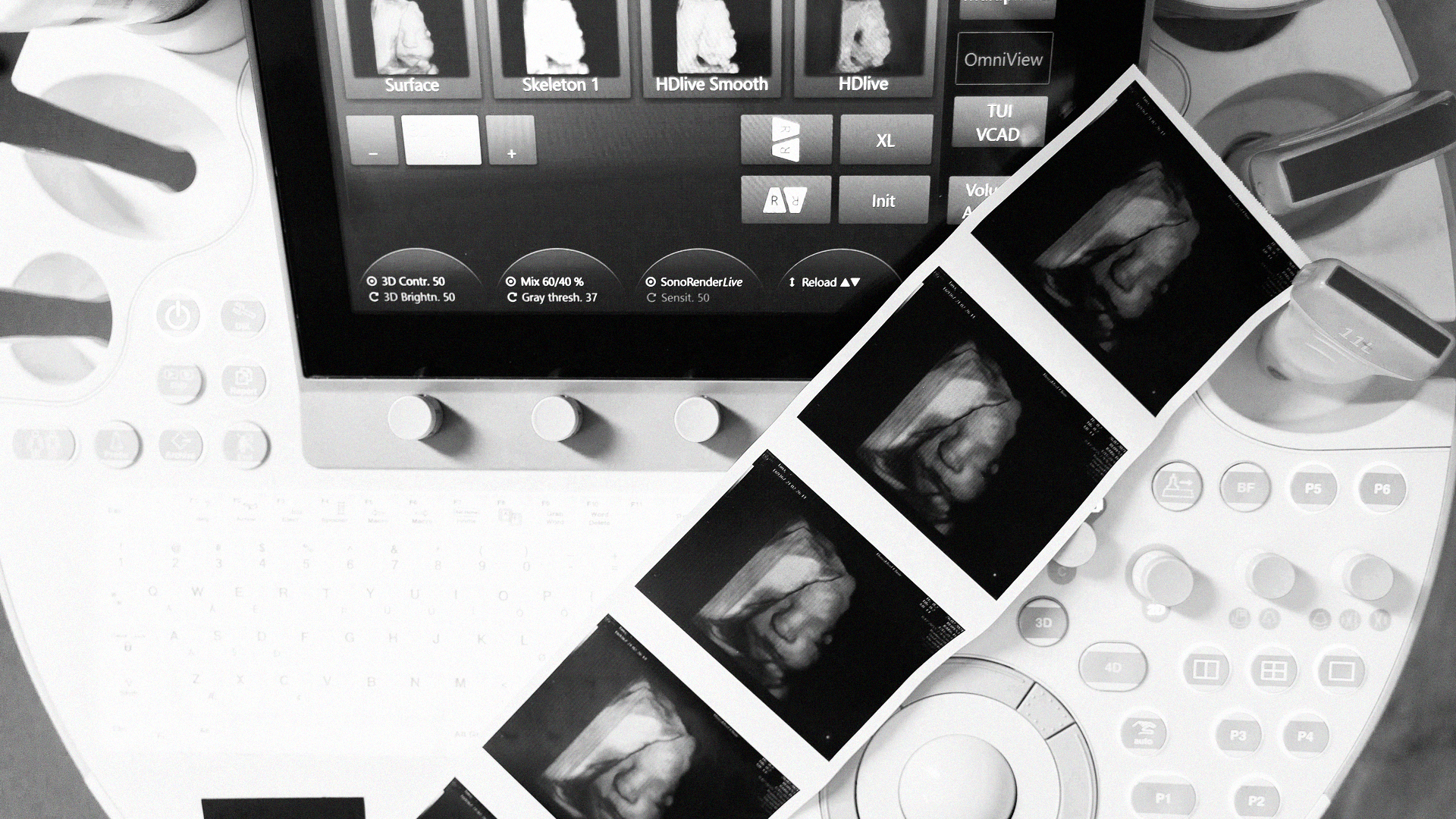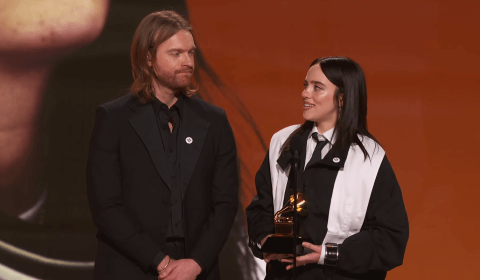Despite the ethical concerns of many, reproductive options including designer babies and even ‘artificial wombs’ appear to be inevitable. Some experts even believe that sex for procreation may soon be obsolete. Imagine that.
If this isn’t the weirdest thing you’ve read today, then I recommend deleting your browser history immediately.
One could argue that with constant advancements in fertility drugs, artificial insemination, in vitro fertilisation, and increasingly barmy embryonic gene testing, that the notion of traditional conception is constantly changing.
A quick warning though: Even those who agree with this statement will likely find their eyebrows raising during this next bit.
Hank Greely, a respected law and bioethics professor at Stanford University, firmly believes that procreation through means of intercourse may become obsolete within 25 years. Read that back, and we’ll move on.
Greely, who has authored a book aptly titled The End of Sex and the Future of Human Reproduction, explained his reasoning for this outlandish hypothesis in a recent interview with Dazed. Before we get to that, however, here are some interesting stats.
Over the last 10 years in the UK, egg freezing has increased tenfold – up from approximately 230 cycles during the year 2009, to around 2,400 cycles in 2019. Between the years of 1991 and 2019, the total number of births achieved through IVF was thrice as large. The demand for doners is also on a constant upward trajectory.
‘Now, maybe three or four per cent of the babies born in the developed world are conceived in some manner other than sexual intercourse, and I think in the future that percentage will go up,’ Greely says.
Within his book, Greely predicts that technology will soon allow us to generate fully functional eggs and sperm without fertile folk being involved at all. Specifically, he posits that scientists will transform skin cells into ‘pluripotent stem cells,’ which are embryonic and malleable.
This would, in theory, allow infertile and queer couples to create children that are biologically their own, without the need for expensive procedures like IVF or having to find surrogates. You could call it the ultimate DIY project.
As we previously mentioned, the prospect of growing babies within artificial wombs is fast moving beyond science fiction and into reality. Just last year, Israeli scientists successfully grew mouse embryos in glass vials over an 11 day period, and Greely believes the same thing will soon be happening with artificial human uteruses.



















